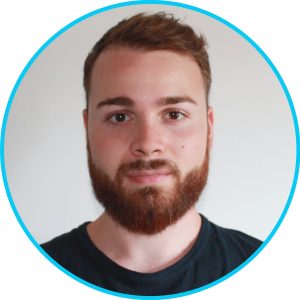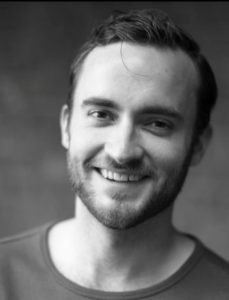Alumni Interview #1
Welcome to the very first edition of our new item, alumni interviews! For this first iteration, we have interviewed some veteran students of DCSC and investigated what they are doing now, and how they look back on their studies.

Name: Corrado Pezzato
Employer: TU Delft
Title: PhD Candidate
Year of graduation: 2019
Where did you do your master thesis, and who was your supervisor?
I graduated in 2019 at the Cognitive Robotics (CoR) department, with Carlos Hernandez Corbato and Riccardo Ferrari as my supervisors.
What was the title of your master thesis project?
My thesis project was about investigating active inference for adaptive and fault tolerant control.
Dealing with inherently unmodeled dynamics and large parameter variations or faults, is a challenging task while controlling robot manipulators. Classical control techniques cannot usually provide satisfactory responses, and often external supervision systems have to be designed to handle the faults. Recent research has shown that active inference, a unifying neuroscientific theory of the brain, bares the potential of intrinsically coping with strong uncertainties in the system, mimicking the adaptability capabilities of humans. However, the current state-of-the-art regarding active inference in robotics is very narrow and limited. This thesis presents a novel active inference controller as a general adaptive fault tolerant solution for control of robot manipulators. The goal of this work is threefold. First, we demonstrate the applicability of active inference in robotics, deriving a control scheme which is computationally efficient and with high performance. Second, we verify the claimed adaptability properties of active inference against a model reference adaptive controller, in a simulated on-line pick and place task with a 7 degrees-of-freedom robot arm. Third, we propose a method to exploit the controller’s structure to perform fault detection, isolation and recovery, without the use of external supervision systems. This work showed that not only active inference is applicable to robotics, but it also outperforms the model reference adaptive controller, and it allows to efficiently deal with sensory faults. This thesis represents a leap forward with respect to the current state-of-the-art of active inference for robotics, and it lays the foundations for further research in this direction.
What was your most favourite course?
Probably the integration project. I enjoyed the challenges, the fact that we got to apply what we were learning on paper, and also that we had quite some freedom to tackle the problem
Is the study material still relevant to your daily occupations? Please elaborate.
Rather than the study material itself I find useful the concepts I learned. Sometimes I look at old simulations of past assignments to see how I did things.
Did you do any extra-curricular activities? If so, did these aid in achieving your current title?
I was a board member of Kalman and later on President of the association. Surely, this helped to get the position. Organizational skills, time management, communication skills are essentials and a big plus in any job. So if you can show and certify that, it’s going to help you a lot in finding a job!
What does a daily workday look like for you?
There is a lot of flexibility on your work schedule and your tasks, and you are the one in control. Every day is different, one day you might be fully immersed in your research, some other day you can dedicate time to give some feedback and supervise students, and some other days are just filled with meetings. It really depends on you and on your inspiration. So don’t be afraid, you won’t get stuck in repetitive routines.
Do you have any advice for students pursuing a career in your field of work?
If you have any further questions you want to ask Corrado, you can send him an email:
corrado.pezzato@gmail.com
Name: Chris Zevenbergen
Employer: Alten Nederland
Title: Software Engineer
Year of graduation: 2019

What was the most difficult S&C course in your experience?
In my opinion, filtering & identification was the toughest, since you’re immediately thrown in the deep end with a lot of new material. It takes a while to get a hang of the mathematics involved in the subject, which makes the theory difficult at first.
Did you have a favourite professor?
Dr. Sergio Grammatico, due to his great help as a thesis supervisor.
Is the study material still relevant to your daily occupations?
After achieving a master’s degree in Systems & Control I had the ambition to become a software engineer. Throughout my studies, I worked a lot in MATLAB where I got a basic understanding of programming languages. This allowed me to further explore the world of programming by learning some Python in my free time.
Furthermore, as a software engineer, having a strong understanding of optimization techniques and other algorithms is a valuable skill to have. Not only am I capable of implementing these algorithms in the software I develop, but I also find it easier to study new algorithms due to the way of thinking I’ve obtained in my time studying Systems & Control.
What does a daily workday look like for you?
Do you have any advice for students pursuing a career in your field of work?
If you enjoy programming and are considering a career in software engineering, then you are in a great position to do so. The basic understanding of programming you’ve gained studying Systems & Control is enough to kick start your career as a software engineer. There are many companies who like to invest in enthusiastic engineers looking to pursue a career in software. If you are interested to hear about my experience at Alten Nederland, feel free to contact me.
If you have any further questions you want to ask Chris you can send him an email:
chris.zevenbergen@gmail.com

